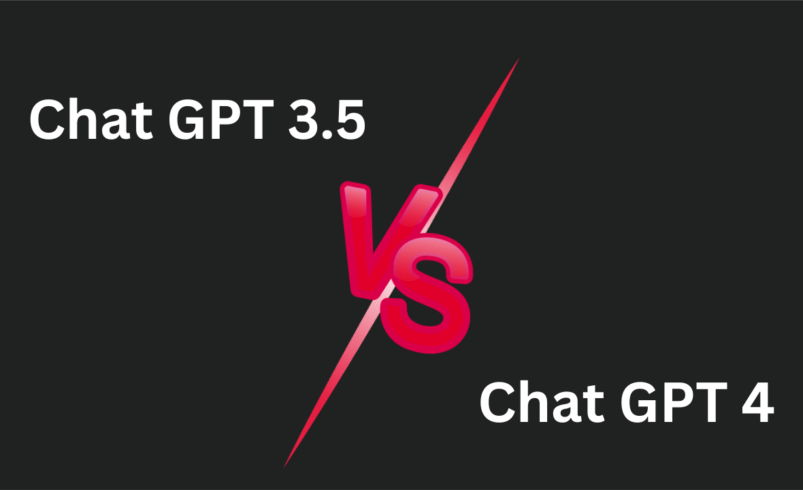
November 21, 2023
How To Leverage Digital Marketing For Maximum Impact?
Digital marketing refers to the use of digital channels, platforms, and technologies to promote and advertise products, services, or brands to a target audience. It encompasses a wide range of online marketing activities and strategies aimed at reaching and engaging potential customers through digital channels.
Here Are A Few Tools Important Digital Marketing Tools For Better Results:
Digital marketing is a powerful way to reach and engage your target audience through various online channels. To maximize its impact, consider using the following essential digital marketing tools:
1. Sprout Social:
- A comprehensive social media management platform.
- Organize your content calendar, schedule posts, collaborate with team members, and analyze social performance.
- Monitor social messages and engage with your audience effectively.
2. Loomly:
- Ideal for smaller social teams.
- Simplifies content planning and publishing.
- Helps you organize and collaborate on social content.
3. Hubspot:
- Offers a suite of marketing tools, including SEO, email marketing, design, and analytics.
- Run impactful and measurable campaigns.
- Optimize your marketing efforts across various channels.
4. Zapier:
- Connects various apps and automates workflows.
- Useful for integrating different marketing tools and streamlining processes.
5. Google Analytics:
- A powerful web analytics tool.
- Provides insights into website traffic, user behavior, and conversion rates.
6. Mailchimp:
- An email marketing platform.
- Create, send, and track email campaigns.
7. Semrush:
- A comprehensive SEO tool.
- Conduct keyword research, analyze competitors, and perform site audits.
8. Canva:
- A graphic design tool.
- Create eye-catching visuals and social media graphics.
9. Buffer:
- A social media scheduling tool.
- Plan and publish content across multiple platforms.
10. Ahrefs:
- A robust SEO tool.
- Analyze backlinks, track keywords, and research content.
Remember to choose tools that align with your specific goals, budget, and business needs. Each tool serves a unique purpose, so explore and find the ones that work best for you!

How Do I Create A Digital Marketing Strategy?
Creating an effective digital marketing strategy is essential for achieving your business goals in the online world. Let us break down the steps to help you build a successful strategy:
Set Clear Goals:
Begin by defining your objectives. What do you want to achieve? Whether it’s increasing website traffic, boosting sales, or enhancing brand awareness, your goals should be specific, measurable, and aligned with your overall business vision.
Understand Your Audience
Develop buyer personas to understand your target audience. Who are they? What are their pain points, preferences, and behaviors? Tailor your strategy to address their needs.
Evaluate Your Current Digital Presence:
Assess your existing digital channels (website, social media, email, etc.). Identify what’s working well and areas that need improvement.
Map Out The Digital Sales Funnel:
Understand the stages your customers go through, from awareness to conversion. Create content and strategies for each stage.
Content Strategy:
Develop a plan for creating and distributing valuable content. Consider blog posts, videos, infographics, and social media updates.
Choose The Right Digital Marketing Channels:
Based on your audience and goals, select the most relevant channels:
- Search Engine Optimization (SEO): Optimize your website for search engines.
- Content Marketing: Create valuable content to attract and engage your audience.
- Social Media Marketing: Utilize platforms like Facebook, Instagram, and LinkedIn.
- Email Marketing: Build and nurture relationships through targeted emails.
- Paid Advertising: Invest in Google Ads, social media ads, etc.
- Influencer Marketing: Collaborate with influencers to reach a wider audience.
- Affiliate Marketing: Partner with affiliates to promote your products.
- Analytics And Data: Use tools like Google Analytics to track performance.
Create A Budget And Allocate Resources:
Determine how much you can invest in digital marketing. Allocate resources wisely across different channels.
Implement And Monitor:
Execute your strategies. Regularly monitor performance metrics (traffic, conversions, engagement) and adjust as needed.
Remember, a digital marketing strategy is not static. It evolves based on market trends, consumer behavior, and technological advancements. Stay agile, measure results, and adapt your approach to stay ahead in digital marketing!

How Do I Measure The Success Of My Digital Marketing Campaign?
Measuring the success of your digital marketing campaign involves tracking relevant key performance indicators (KPIs). Here are some essential metrics to consider:
Conversion Rate:
Calculate the percentage of website visitors who take a desired action (e.g., sign up, make a purchase, download an e-book).
Return On Investment (ROI):
Compare the revenue generated from your campaign to the cost of running it.
ROI= (Cost Revenue−Cost) / Cost
ROI= (Cost Revenue−Cost) / Cost
Cost Per Acquisition (CPA):
Determine the cost of acquiring a new customer.
CPA=Total Campaign Cost/ Number of Conversions
CPA=Total Campaign Cost/ Number of Conversions
Click-Through Rate (CTR)
Measure the percentage of people who click on your ad or link.
CTR=(Clicks/Impressions)×100
CTR=(Clicks/Impressions)×100
Bounce Rate
Assess the percentage of visitors who leave your website without interacting further. Lower bounce rates indicate better engagement.
Customer Lifetime Value (CLV)
Predict the long-term value of a customer based on their interactions with your brand.
Social Media Engagement
Monitor likes, shares, comments, and follower growth on social platforms.
Email Metrics
Track open rates, click rates, and conversion rates for email campaigns.
Organic Traffic
Analyze the number of visitors coming from search engines without paid advertising.
Churn Rate
For subscription-based services, measure the rate at which customers cancel their subscriptions.
Remember that the success metrics vary based on your campaign goals (e.g., brand awareness, lead generation, sales). Regularly analyze these metrics, adjust your strategies, and optimize your campaigns accordingly.
Conclusion
In summary, digital marketing offers a powerful means to connect with your audience. The blog highlighted essential tools like Sprout Social, Loomly, HubSpot, and more. Creating an effective strategy involves setting clear goals, understanding your audience, and wisely choosing channels. Measuring success through understanding of metrics like what is cvr in digital marketing?, ROI, and social engagement is important for ongoing optimization. Stay agile, adapt strategies, and consistently analyze metrics to ensure sustained success in the dynamic digital market.
Digital Marketing FAQ:
What is digital marketing, and why is it important?
Digital marketing involves using online channels and technologies to promote products or brands. It’s crucial for reaching and engaging target audiences in today’s digital age.
Which tools are essential for effective digital marketing?
Key tools include Sprout Social for social media management, HubSpot for a suite of marketing tools, and Google Analytics for web analytics.
How do I create a digital marketing strategy?
Start by setting clear goals, understanding your audience, evaluating your digital presence, mapping out the sales funnel, and choosing the right channels. Allocate resources wisely and regularly monitor and adjust your strategies.
How can I measure the success of my digital marketing campaign?
Measure success through key performance indicators (KPIs) like conversion rate, ROI, CPA, CTR, and more. These metrics help evaluate the effectiveness of your campaigns.
















